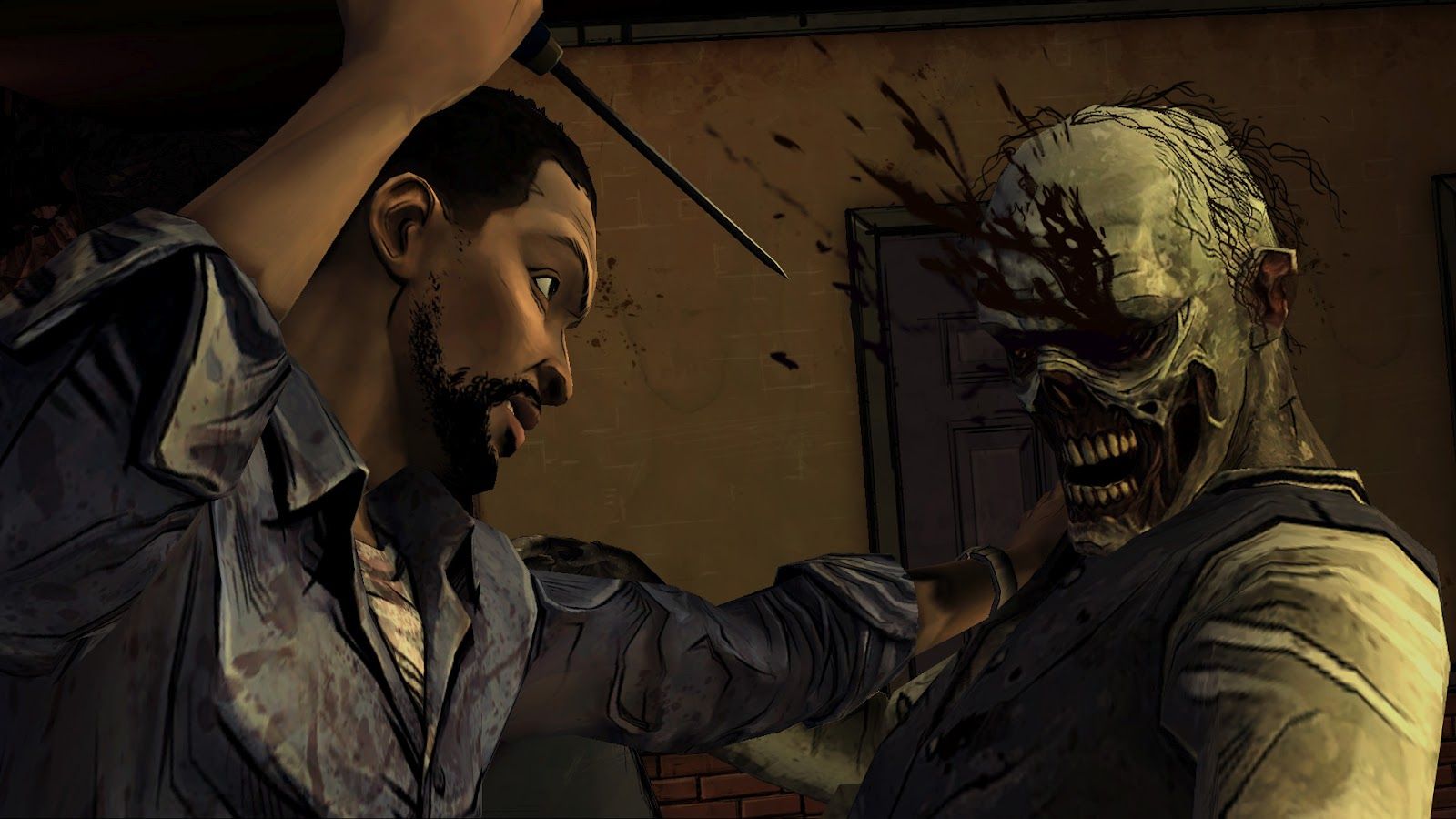When I learned about ethics, I specifically remember that our teacher posed a question asking us if we would push a fat person in front of a train, knowing that him falling in front of the train would not only kill him but stop the train from continuing on and killing three other people further down the track. While the rest of the class was pondering the ethical quandary that had been posed, I found myself tackling a whole new set of questions. How fat was this man that his girth alone could stop a damn train from going down the tracks and how had he not already suffered from two or three simultaneous heart attacks? Why were these people just standing on a train track and how come I didn't just yell at them to get off of the train tracks instead of murdering some poor fatty (who was already upset that he had to pay for a second and maybe third seat). And, most importantly, how was this the best ethical question my teacher could come up with in all her years of teaching? The obvious answer was my teacher was bit of a psychopath, and possibly someone that just hated fat people. I always kept an eye on the newspaper after that lesson to see if any fat people had been mysteriously been pushed in front of trains.
While I might not have had the most enlightening of ethics classes, a Norwegian high school has decided to go for the full awesome route when it comes to teaching ethics and used possibly the best teaching tool ever. NRK.no reported earlier this week that students at Nordahl Grieg high school played Telltale's The Walking Dead (Season 1) to learn about and discuss ethics. The news report has since been subtitled and posted to Youtube, the video of which can be found at the end of this post.
Anyone who played through the award winning game knows that The Walking Dead forces you to make all sorts of tough decisions that drastically alter what happens in the rest of the game. The professor states he wanted to use some sort of catalyst for the creation of ethical dilemmas that the class could discuss , and when you think about it, The Walking Dead would provide just that. There were several decisions in the game that I agonized over and thought about long after I made them, something that pushing fat people in front of trains could never accomplish. When an ethical dilemma pops up in game, the students take anonymous polls and later on discuss the results with each other. The students talked to in the piece all have rave reviews about the class, possibly as a result of them getting credit for playing one of the best games of last year in school. This seems like as effective a tool as any when it comes to teaching ethics, and even if it wasn't, I would immediately enroll in the class if I was able to.
https://www.anrdoezrs.net/links/3607085/type/dlg/sid/UUhgUeUpU55045/https://www.youtube.com/watch?feature=player_embedded&v=qsL47MlHMHw

